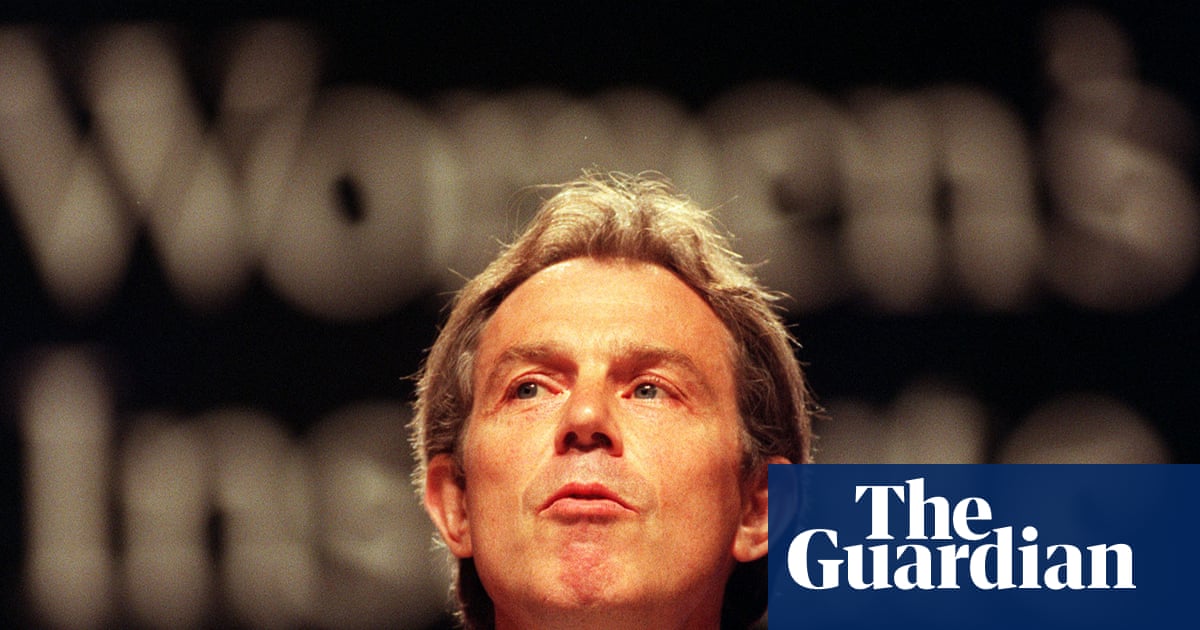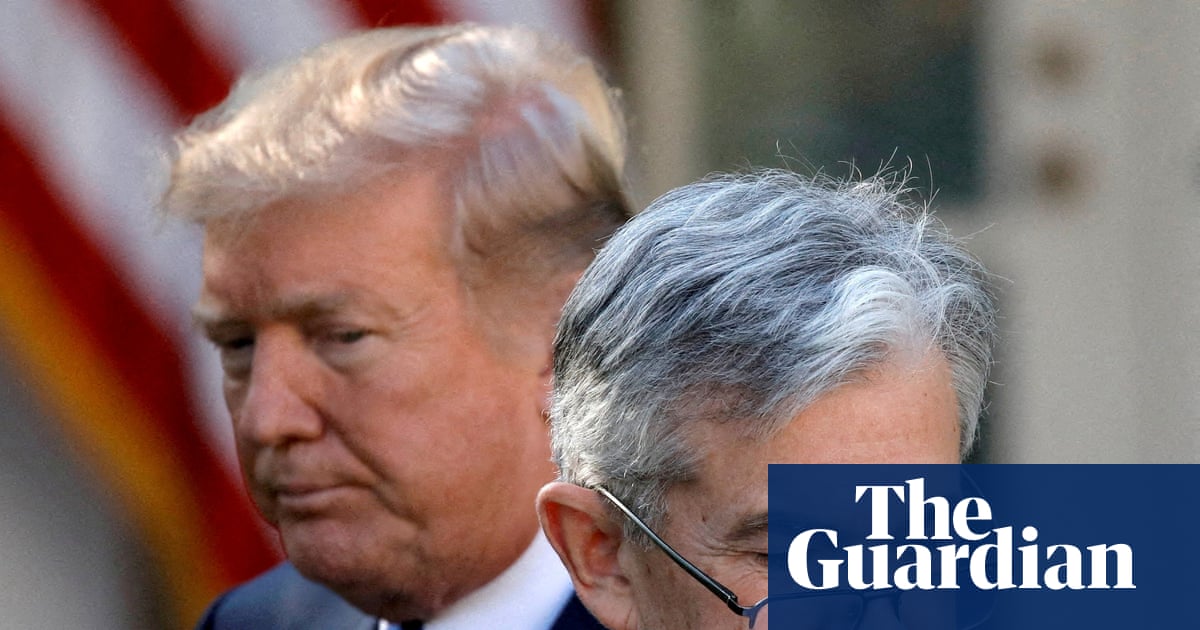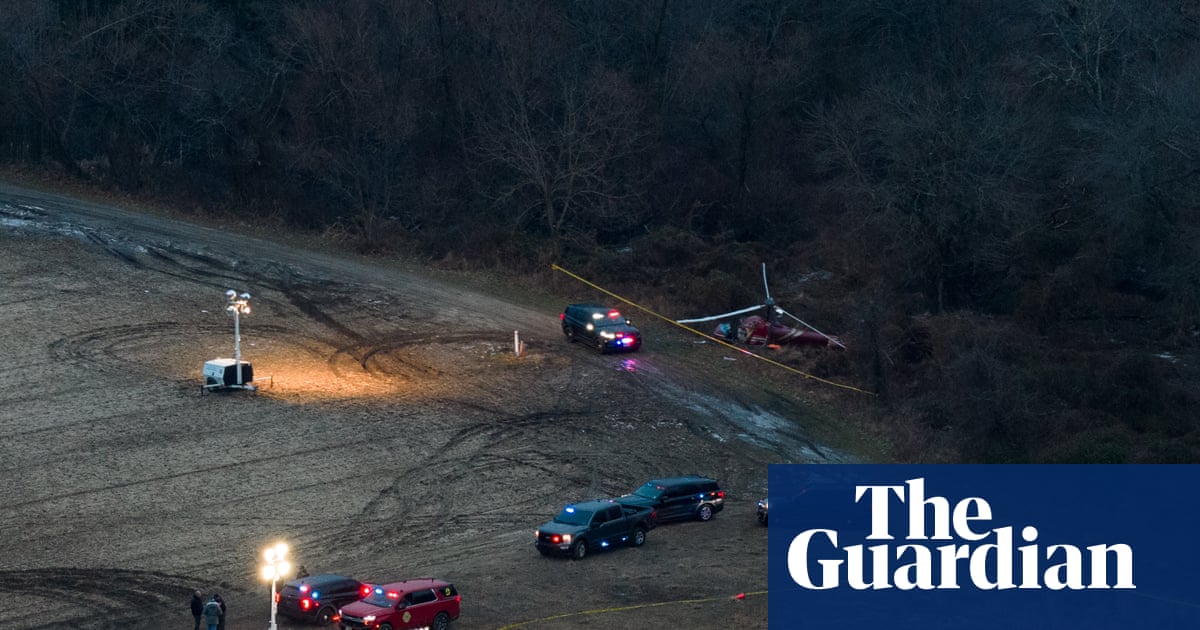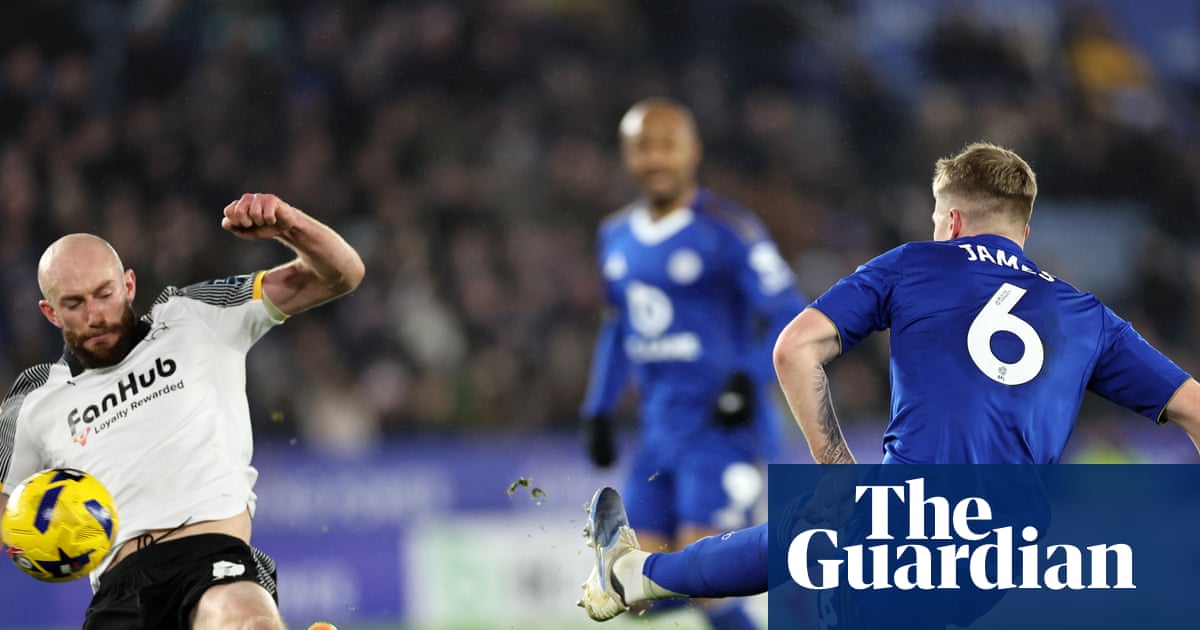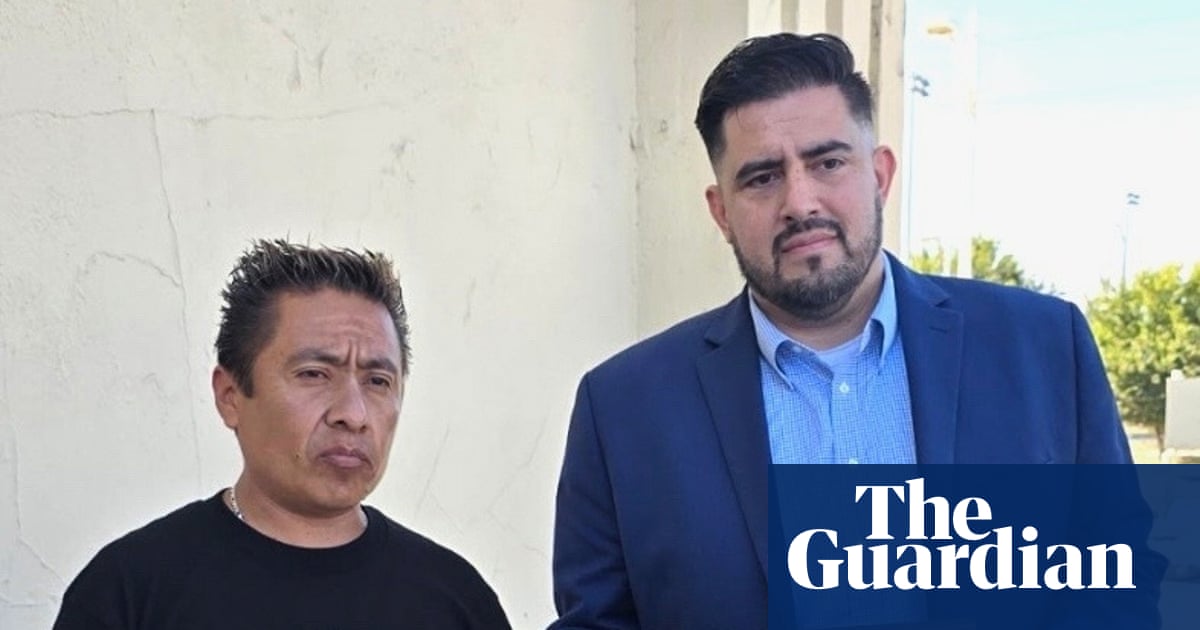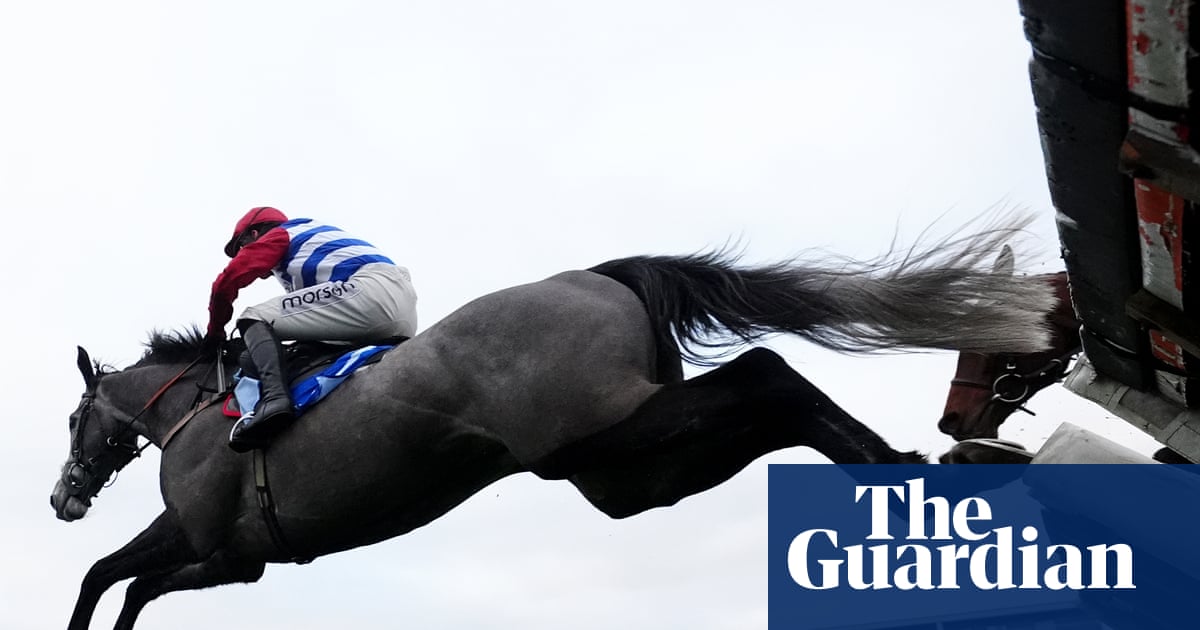Finland’s president, Alexander Stubb, has said security guarantees for Ukraine, which are being discussed by the so-called “coalition of the willing”, would compel the European countries that sign to fight Russia if Moscow launched military action against Ukraine again in future.
“Security guarantees in essence are a deterrent. That deterrent has to be plausible and in order for it to be plausible it has to be strong,” Stubb told the Guardian, in an interview in Helsinki before travelling to New York for the UN general assembly.
He said the guarantees would only come into effect after a future deal between Ukraine and Russia, but insisted that Russia would have no veto over their format.
“Russia has absolutely no say in the sovereign decisions of an independent nation state … So for me it’s not an issue will Russia agree or not. Of course they won’t, but that’s not the point,” he said.
After the Paris meeting last month, the French president, Emmanuel Macron, told reporters that 26 nations had committed to be part of a “reassurance force” in Ukraine, with some of them committing to be present “on the ground, in the sea or in the air”.
However, the big question many in Kyiv have is whether the arrangements would come with concrete commitments. When asked if the guarantees would mean European countries were saying they would be ready to engage militarily with Russia in the case of future aggression against Ukraine, Stubb said: “That is the idea of security guarantees by definition.”
It is far from clear that there is political will for this kind of commitment in most European capitals, however, where promises to a postwar Ukraine have usually been framed more as “reassurance” than as firm commitments. Up to now, the policy of most western countries has been to offer support to Ukraine but minimise the risk of a direct conflict with Russia. But Stubb said any guarantees would be meaningless if not backed up with real force.
“Security guarantees in essence are a deterrent and that deterrent has to be plausible, and in order for it to be plausible it has to be strong. And that means also strategic communication, so we’re not making security guarantees into the air, but we’re making real security guarantees and Russia knows that,” said Stubb.
Stubb has emerged as a key player in peace negotiations in recent months, forging a close relationship with the US president, Donald Trump, including through rounds of golf. The personal connection has meant that Finland, with a population of just 5.6 million, has been able to play an outsized role in communications between Trump and European leaders. Stubb said he and Trump are still in contact regularly, “by phone and other means” and that he expects the pair to have a bilateral meeting this week.
Stubb has said on several occasions this year that Trump was beginning to lose patience with Russia’s president, Vladimir Putin, but so far Trump’s occasional tough words on Putin have not translated into action, and a series of Trump-set deadlines for progress to be made on arriving at a peace deal have passed without much follow-up. Instead, Trump rolled out the red carpet for Putin in Alaska last month.
Stubb said he thought progress was being made, but “it’s not a big bazooka, it’s step-by-step”. On the question of whether there is a point when Europe has to accept that the US is not a reliable ally when it comes to Ukraine negotiations, Stubb said his nation had little option but to try as hard as possible to be friendly with the Trump administration.
“I think it’s the job of the president of Finland to get along with the president of the United States, whoever he is,” said Stubb. “Foreign policy is always based on three pillars. It’s values, interests and power. Small states only have values and interests … but we can have influence instead of power. Engagement is better than disengagement, come hell or high water,” he added.
Last week, Stubb was in Kyiv where he met with the Ukrainian president, Volodymyr Zelenskyy, and said he came away from the trip “confident” that Ukraine could continue fighting a long war if necessary, dismissing suggestions to the contrary as “fake news”.
Stubb said much of the focus at the UN this week will be on Palestine, but that he hopes to have several meetings with Zelenskyy and others related to Ukraine. On security guarantees, he said an “American backstop” would be necessary to give them real force, and conceded that there is not yet a full sense of what the Trump administration is willing to commit.
However, the talk of guarantees may all be purely hypothetical if progress is not made first on a negotiated end to the war. Zelenskyy has said many times he is willing to meet with Putin, as demanded by Trump, but Putin has said he would only meet Zelenskyy in Moscow, or if numerous Russian demands are met first.
Stubb conceded that there did not currently appear much chance of bringing Putin to the table. “This war is too big for him to lose. He has made probably the biggest strategic mistake in recent history, certainly since the end of the cold war, and he has failed in all of his strategic aims. It’s a question when he comes to the negotiating table, hopefully sooner rather than later, but right now I’m quite pessimistic,” said Stubb.

 3 months ago
57
3 months ago
57

